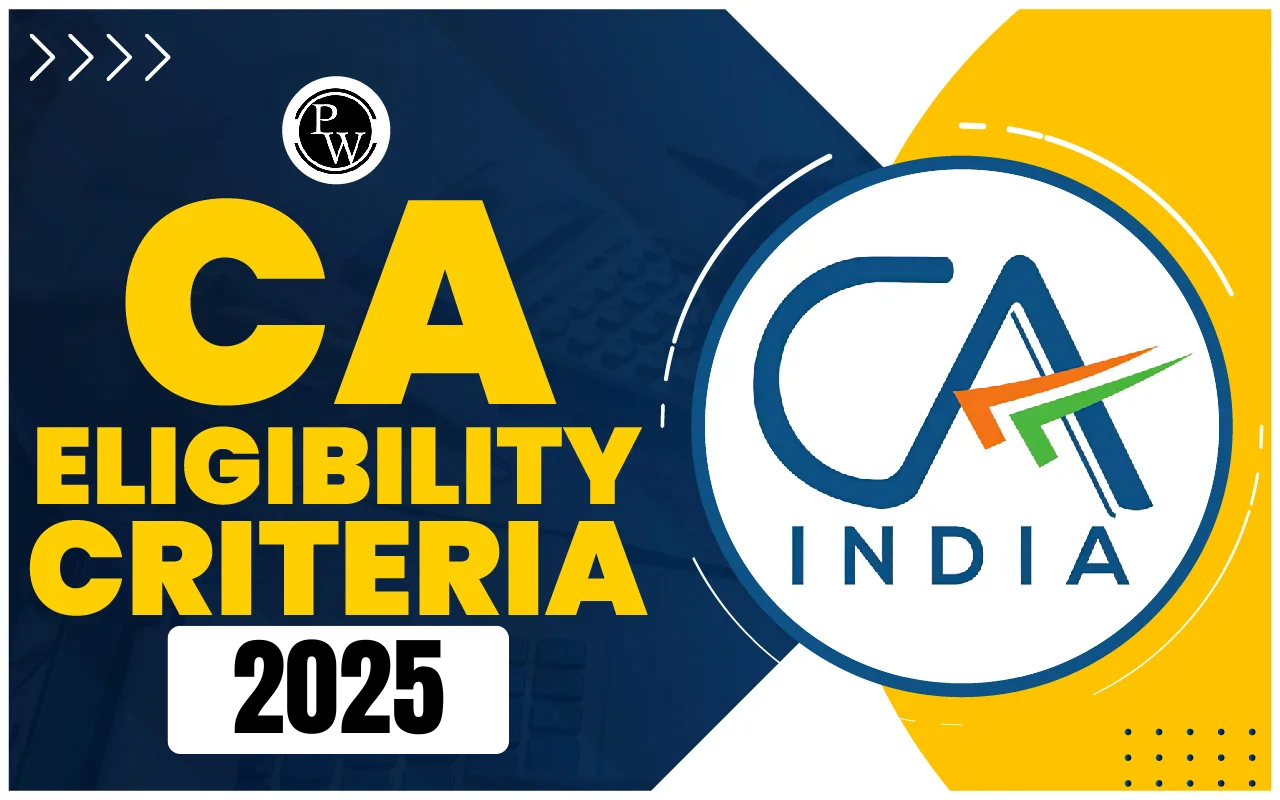
Understanding Business Laws Case Studies is crucial for CA Foundation students. These case studies provide real-world scenarios that illustrate how laws are applied in various business contexts. Specifically, the Companies Act, 2013, is a cornerstone of business law in India, governing corporate operations and management.
By studying case studies related to this act, students can grasp the practical implications of legal provisions, enhancing their ability to navigate complex legal situations in their future careers. This article delves into some laws from the Companies Act, 2013, offering valuable insights to help you succeed in your CA Foundation exams .CA Foundation Business Laws Case Studies
The Companies Act, of 2013, serves as the backbone for corporate governance in India. CA Foundation students need to understand this law as it forms a significant part of the Business Laws Case Studies in the exam. The Act covers a wide range of topics, including the formation, financing, functioning, and dissolution of companies. By studying these laws, you'll gain insight into the legal framework that governs companies in India, which is indispensable for a career in accounting and auditing.Importance of CA Foundation Business Laws Case Studies
Business law case Studies play a pivotal role in the CA Foundation syllabus, offering students a bridge between theoretical knowledge and practical application. These case studies help students understand business laws, particularly within the framework of the Companies Act, of 2013.
They provide a context for how legal principles are applied in real-world scenarios, making it easier for students to remember and apply these concepts in exams and professional practice. For instance, a case study might illustrate how a company handled a breach of contract, what legal provisions were invoked, and what the outcomes were. This not only reinforces the student's understanding of the law but also demonstrates the importance of legal compliance in business operations. By engaging with these case studies, CA Foundation students develop critical thinking and problem-solving skills that are essential for their future roles as Chartered Accountants.
Moreover, the Companies Act, of 2013, is a comprehensive piece of legislation that governs a wide range of corporate activities, from incorporation and management to winding up and liquidation. Through Business Laws Case Studies, students can see how different sections of the act are interpreted and enforced, giving them a deeper understanding of the legal landscape they will navigate as professionals.
Business Laws from The Companies Act, 2013
The Companies Act, of 2013, is a vast and complex legislation that covers various aspects of corporate law in India. Here, we will explore some of the key business laws that are frequently highlighted in Business Laws Case Studies:Incorporation of a Company: The process of incorporating a company is governed by Sections 3 to 22 of the Companies Act, 2013. Case studies often explore the challenges faced during incorporation, such as issues related to the Memorandum of Association (MOA) and Articles of Association (AOA), and how these were resolved within the legal framework.
Directors and Their Duties: Sections 149 to 172 outline the appointment, roles, and responsibilities of directors. Business Laws Case Studies involving directors often focus on cases of breach of fiduciary duties, conflict of interest, and how directors' actions can affect the company’s legal standing.
Meetings and Resolutions: Sections 96 to 122 govern the conduct of general meetings and the passing of resolutions. Case studies often delve into scenarios where improper procedures in meetings led to legal disputes, and how companies navigated these challenges by adhering to or violating these sections.
Corporate Social Responsibility (CSR): Under Section 135, certain companies are required to undertake CSR activities. Case studies might explore how companies have interpreted this section, the legal implications of non-compliance, and the impact of CSR on corporate reputation.
These examples provide a glimpse into the broad range of legal issues that can be explored through Business Laws Case Studies. Understanding these key areas is essential for CA Foundation students as they prepare for exams and their future careers. To further strengthen your preparation, consider enrolling in PW CA Foundation Courses. Our courses are designed to help you crack the CA Foundation Exam with confidence and build a strong foundation for your career.CA Foundation Business Laws Case Studies FAQs
What is the significance of Business Laws Case Studies in CA Foundation?
How does the Companies Act, 2013, impact corporate governance?
Why are case studies on corporate fraud important?
What legal aspects are covered in Mergers and Acquisitions case studies?













